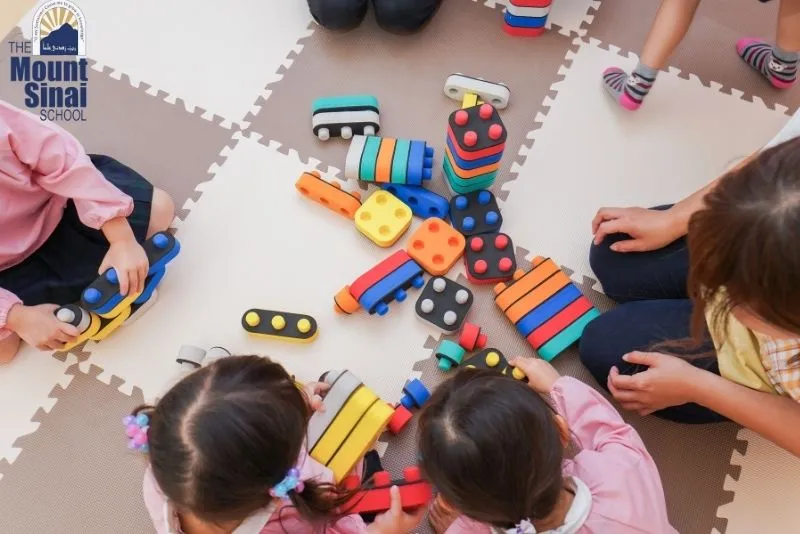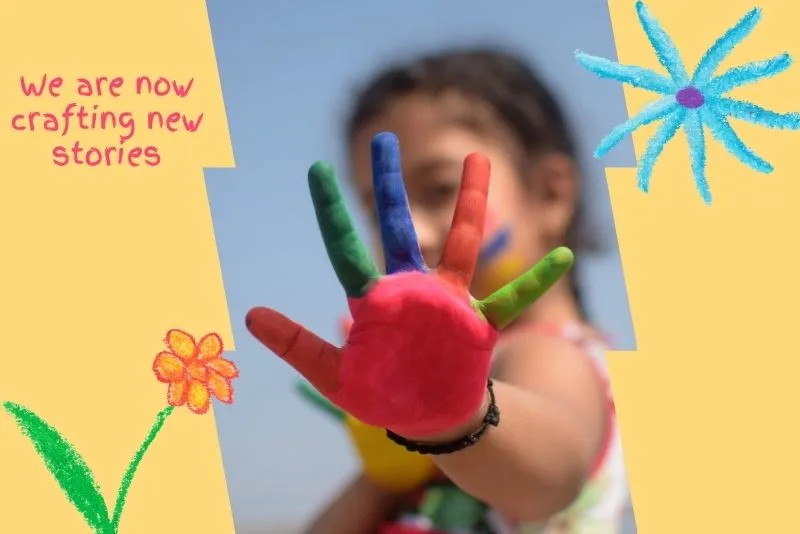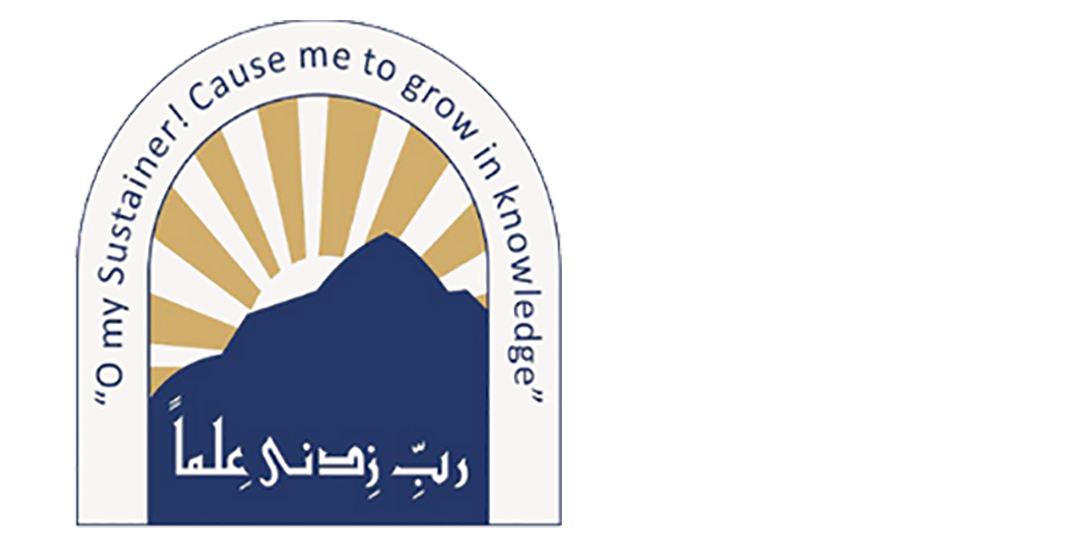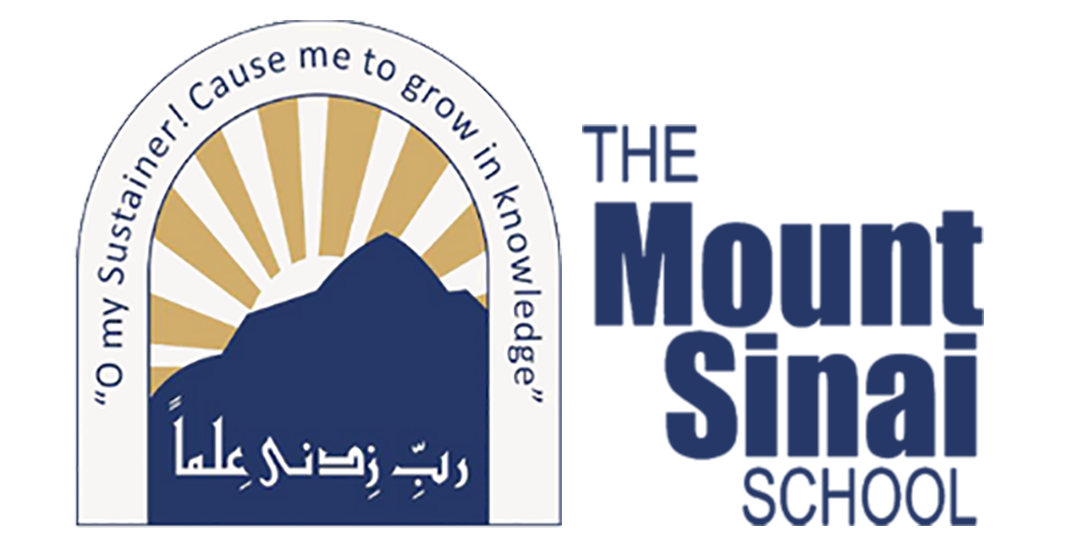
Where Wonder Begins
As a parent, there’s no greater joy than watching your child discover the world—whether it’s their first word, their fascination with stacking blocks, or the twinkle in their eye as they ask “Why?” for the hundredth time. Montessori education supports this joyful journey by nurturing your child’s natural curiosity and love of learning.
Early childhood is a time of rapid development and boundless curiosity. Between the ages of 2 and 6, a child’s brain forms over 1 million neural connections per second. This is a once-in-a-lifetime window of growth. Understandably, parents want to make the most of these early years—to nurture not just academic readiness, but emotional intelligence, independence, and a lifelong love of learning.
If you’re exploring options for your child’s early education, Montessori might already be on your radar. But what is it really? And is it the right fit for your child?
Let’s take a thoughtful journey into the world of Montessori—what it is, how it works, and how it can support your child’s full development.
What is Montessori Education? A Timeless Approach to Growing Minds
Montessori education is a child-centered educational approach founded by Dr. Maria Montessori, an Italian physician, educator, and scientist, over a century ago. Dr. Montessori’s insights came from observing children closely and recognizing that they learn best when they are free to explore their interests in a carefully prepared environment.
At its core, Montessori is more than an academic method—it’s a philosophy of respect for the child.
Key Principles of the Montessori Method:
- Self-Directed Activity: Children choose their work based on interest, fostering ownership and motivation.
- Hands-On Learning: Concrete materials allow children to explore abstract concepts using their senses.
- Freedom Within Limits: Children work independently but within clear boundaries, promoting responsibility.
- Prepared Environment: Classrooms are designed to encourage order, concentration, and exploration.
- Respect for the Child: Teachers (called guides) observe and support each child’s unique developmental path.

Montessori sees the child as naturally curious, capable, and eager to learn—not as an empty vessel waiting to be filled with facts.
Inside the Montessori Classroom: A World Built for Children
Walk into a Montessori classroom, and you’ll immediately notice it feels different from traditional settings.
What Makes a Montessori Environment Unique?
- Everything is Child-Sized: Tables, shelves, sinks, even brooms are scaled to suit little hands.
- Open Shelving: Materials are displayed neatly, inviting exploration and teaching order.
- Calm, Uncluttered Space: A peaceful atmosphere helps children focus and self-regulate.
- Mixed-Age Groups: Children are grouped in 3-year age spans (e.g., 3–6 years), encouraging mentoring and peer learning.
The Role of the Montessori Teacher (Guide):
Montessori teachers are not traditional lecturers. Instead, they are observers and facilitators. Their job is to:
- Introduce materials when a child is developmentally ready
- Step back and allow exploration
- Gently redirect when necessary
- Support social and emotional growth with respect
The classroom runs like a mini-community where children take ownership of their space, activities, and relationships.
A Day in the Life: What Happens in a Montessori Classroom?
While each Montessori school has its own rhythm, here’s a glimpse into what a typical day might look like for a child aged 2 to 6:
Morning Arrival and Greeting
Children hang their belongings, greet the teacher, and choose an activity from the shelf—building independence from the moment they enter.
Uninterrupted Work Period (2–3 hours)
Children freely select from areas of the classroom:
Practical Life
- Pouring water between pitchers
- Scooping and transferring beans or rice with a spoon
- Buttoning a frame or tying shoelaces
These build coordination, concentration, and confidence.
Sensorial Activities
- Sorting color tablets
- Tracing geometric shapes
- Feeling and matching fabric textures
Sensorial work refines perception and lays the groundwork for math and language.
Mathematics
- Number rods, sandpaper numbers
- Bead chains and decimal system materials
Hands-on materials help children understand quantity and place value intuitively.
Language
- Sandpaper letters for letter-sound association
- Movable alphabet for early word-building
- Picture cards, story time, and early writing activities
Language is nurtured through play and conversation, not rote memorization.
Cultural Subjects
- Maps and globes
- Plant and animal classification
- Art and music appreciation
Children develop global awareness and curiosity about the world.
Outdoor Play
Unstructured time to run, dig, climb, and explore nature—supporting motor skills and social development.
Lunch & Practical Life
Children help set the table, serve food, and clean up—practicing grace, courtesy, and responsibility.
Afternoon Activities
Includes more work time, nap or quiet time for younger children, and group activities like storytelling or music.
The Montessori Advantage: Nurturing the Whole Child
Montessori education isn’t just about academic skills—it supports the whole child.
Cognitive Benefits
- Deep focus and attention span
- Strong foundation in math and literacy
- Love for problem-solving and exploration
“Montessori students tend to perform better in math and literacy, and show more advanced social skills.”
— Journal of Science Education and Technology
Emotional Growth
- Self-regulation and patience
- Confidence and resilience
- Empathy and emotional intelligence
Social Development
- Grace and courtesy lessons (e.g., saying “please,” taking turns)
- Mixed-age mentoring builds leadership and cooperation
- Conflict resolution is taught respectfully and intentionally
Montessori vs. Traditional Preschool: What’s the Difference?
| Aspect | Montessori | Traditional Preschool |
| Learning Style | Self-paced, interest-driven | Teacher-directed |
| Environment | Calm, organized, child-sized | Often loud and colorful |
| Teacher Role | Guide and observer | Instructor |
| Curriculum | Individualized, hands-on | Group-based, worksheet-heavy |
| Assessment | Observation-based | Tests or grading |
While both models aim to support children, Montessori’s strength lies in fostering independence, intrinsic motivation, and lifelong learning habits.
How to Choose the Right Montessori School
Not all schools that call themselves “Montessori” follow authentic practices. Here’s how to evaluate a program:
Key Questions to Ask:
- Are the teachers Montessori-trained (preferably AMI or AMS certified)?
- Is the classroom multi-age?
- Are materials authentic and well-maintained?
- Does the school follow the uninterrupted 2–3 hour work period?
- How is discipline handled?
What to Look For During a Visit:
- Children moving calmly and purposefully
- Teachers interacting respectfully with children
- A clean, organized, inviting space
- Opportunities for independence (child-sized tools, freedom to choose)
Is Montessori Right for My Child?
Montessori benefits a wide range of children, particularly:
- Curious, self-motivated learners
- Children who thrive in structured but flexible environments
- Kids who benefit from calm, respectful interactions
Conclusion: A Foundation for Life
Choosing a school for your child is one of the most meaningful decisions you’ll make. It’s not just about preparing for kindergarten—it’s about nurturing the roots of curiosity, kindness, and confidence that will grow for a lifetime.
Montessori education offers a unique, time-tested approach to honoring your child’s individual potential. In a world that often pushes children to go faster and learn more quickly, Montessori invites them to slow down, explore deeply, and build real understanding.
Whether your child is just learning to pour their own juice or writing their first sentence, the Montessori environment is designed to support every step of their journey—with dignity, joy, and purpose.
Your child is ready to learn. Are you ready to unlock their full potential?
🌟 Ready to Begin Your Child’s Montessori Journey in Islamabad?
If you’re looking for an authentic Montessori experience in Islamabad, Mount Sinai School offers a nurturing, child-centered environment grounded in the true Montessori philosophy.
At Mount Sinai, your child will:
- Learn at their own pace through hands-on exploration
- Build independence, confidence, and emotional intelligence
- Thrive in beautifully prepared classrooms with certified Montessori educators
📍 Located in the heart of Islamabad, Mount Sinai School welcomes children aged 2.5 to 6 years into a world of discovery, purpose, and joy.
🔍 Schedule a visit today to see the Montessori magic in action.
👉 [Call Now] or Visit Our Website to learn more and reserve your spot—spaces fill quickly for the new session!

